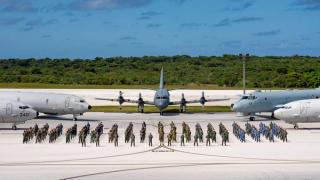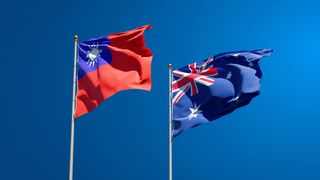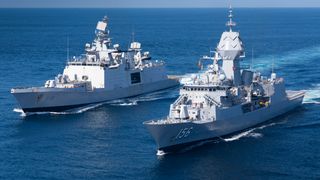It is now well accepted in Canberra and Washington that the Australia-US alliance needs to be operationalised in new ways to meet Indo-Pacific strategic challenges. Against a backdrop of intensifying Chinese assertiveness and the United States’ declining capacity to uphold a favourable balance of power by itself, our shared interests in deterrence and defence require greater coordination, alignment and collective action. This cooperation must also be carefully dovetailed with regional needs and security preferences to ensure a broadly collective approach to strengthening stability, sovereignty and resilience across the Indo-Pacific.
How should Australia work with the Biden administration to transform the alliance for collective deterrence and defence? Is there a shared understanding between Canberra, Washington and other regional capitals over the ends, ways and means of Indo-Pacific strategy? What does bolstering resilience look like in the maritime domain where China’s grey zone activities are steadily expanding? How can Canberra and Washington make faster progress towards the kind of defence industrial base cooperation that is needed to empower the alliance for future strategic challenges?
To discuss these issues, the USSC hosted a webinar discussion with United States Studies Centre Director of Foreign Policy and Defence Ashley Townshend, Research Fellow Brendan Thomas-Noone and Australian Strategic Policy Institute Senior Analyst Dr Huong Le Thu in conversation with United States Studies Centre Director of Communications and Stakeholder Engagement Mari Koeck. Ashley Townshend and Brendan Thomas-Noone are authors of featured chapters from State of the United States: An evolving alliance agenda:








